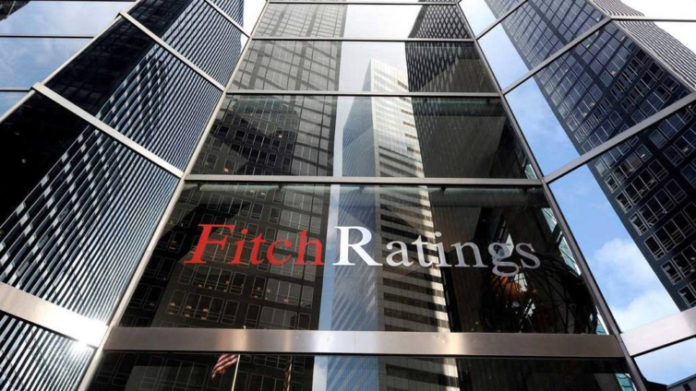Fitch Ratings has outlined key risks that could lead to a downgrade of Ghana’s credit rating, despite recently upgrading the country’s Long-Term Foreign-Currency Issuer Default Rating (IDR) to ‘B-’ with a Stable Outlook.
The rating agency said any renewed liquidity pressures could undermine Ghana’s ability to meet debt obligations. These pressures could arise from weaker fiscal consolidation or the materialisation of contingent liabilities.
Another potential trigger for a downgrade is declining market confidence in Ghana’s ability to refinance short- to medium-term debt, particularly if the local-currency bond market remains closed or inaccessible.
Fitch also flagged external liquidity risks such as a drop in international reserves, possibly due to persistent current account deficits.
On the flip side, Fitch noted that Ghana could see further positive rating action if there is a sustained decline in debt-to-GDP levels, backed by strong implementation of a credible, medium-term fiscal consolidation strategy.
Additionally, a steady build-up in international reserves—bringing them closer to the median level for countries rated ‘B’—would support macroeconomic stability and improve investor confidence in Ghana’s ability to service its debt.
Country Ceiling
Fitch maintained Ghana’s Country Ceiling at ‘B-’, in line with the sovereign IDR. It said there are no significant constraints that would prevent the private sector from converting local currency into foreign currency or transferring funds abroad to meet debt payments.
Environmental, Social and Governance (ESG) Considerations
Fitch gave Ghana an ESG Relevance Score of ‘5’ for Political Stability and Rights, indicating governance weaknesses that weigh negatively on the credit profile.
Ghana also received a score of ‘4’ for Creditor Rights. Fitch stated that the country’s willingness and ability to honour its debt obligations remain important rating considerations, as with all sovereign issuers.



